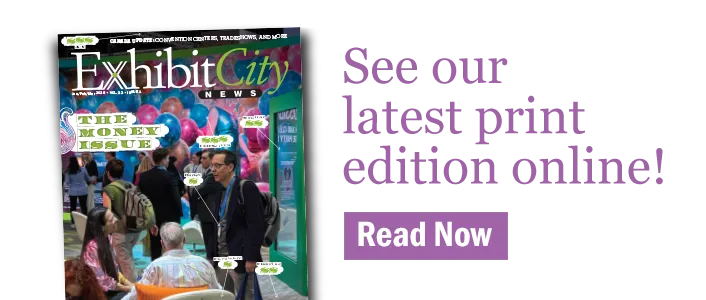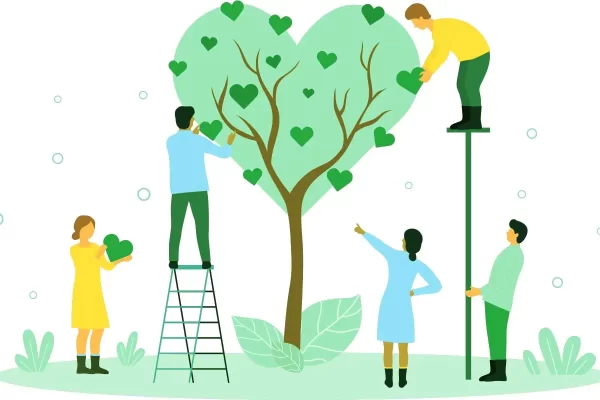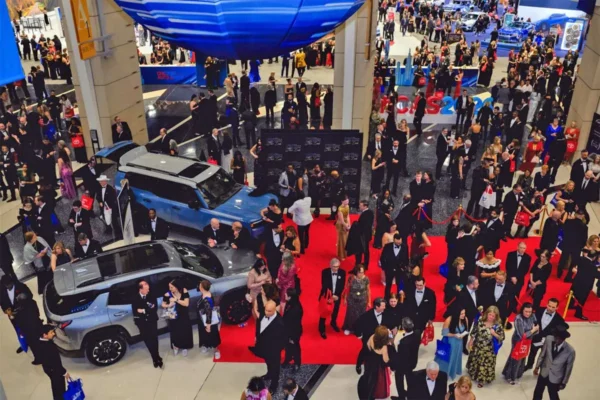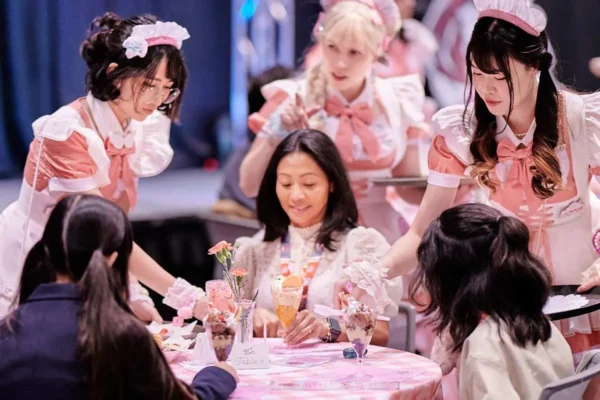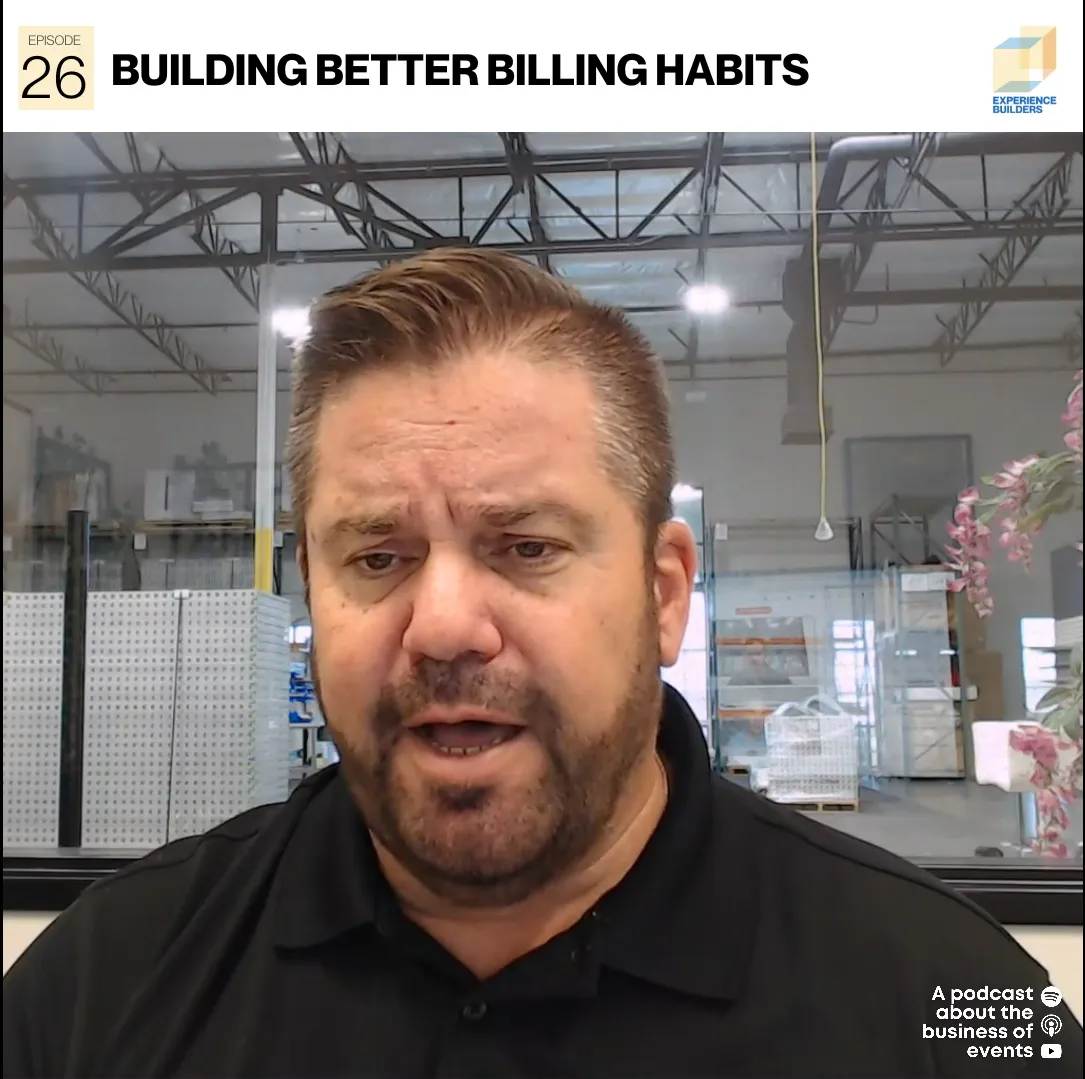It is fitting that only days after people around the globe came together for Earth Day (April 22), the world’s fair, Expo Milano 2015, opened in Milan, Italy with the theme, “Feeding the Planet, Energy for Life.” More than 20 million visitors are expected during the exposition, which runs from May 1 through Oct. 31.
Over 140 countries and international organizations are represented, all focused on an interchange of technologies and ideas for providing safe and nutritious food to people around the world while respecting the planet. The Expo seeks to “stimulate the creativity of developing countries and promote innovation (for a) sustainable future” by offering arts and entertainment, meetings, conferences, cultural workshops and opportunities to experience international culinary flavors.
The availability and consumption of food is a global contradiction: Nearly a billion people on our planet are undernourished, yet millions of others are dying from diseases relating to too much food. In addition, an estimated 1.3 billion tons of food are wasted each year. These statistics demonstrate that our global food problems arise from a combination of political, social and agricultural challenges, many of which may be resolved through better communication, education and international cooperation.
Ever think about using 3-D printer technology to prepare your food? Or how plastic is blended with plant derivatives to make a recyclable PlantBottle? The world’s fair offers a unique opportunity to “engage many people on a theme of common interest of great importance, nutrition and sustainability, and to raise awareness in order to direct the choices and actions, both at local and global scale, for the overall improvement of the well-being of humanity.”
The organizers of the event are practicing what they preach by ensuring that the Expo is sustainable in its planning, implementation and decommissioning. By adopting Expo 2015 S.p.A., a program of sustainability criteria in keeping with ISO standards, they are proactively working “to prevent, mitigate and offset the possible negative effects on the environment and local communities.”
Through the creation of these guidelines, the Expo sought to bring the international community together to innovate the way in which large-scale events are managed. This process resulted in the development of the four pillars on which the Expo is built: Social Heritage, Inclusion, Innovation and Social Responsibility.
Within in the sphere of these philosophical goals, the organizers have also set clearly defined environmental goals to minimize the event’s carbon footprint. Among them:
The adoption of measures for the prevention of pollution and for the proper management of environmental impacts related to the construction and outfitting of pavilions and exhibition facilities;
The reduction and optimization of the consumption of energy and water resources;
The adoption of specific strategies for the management of environmental aspects related to logistics, packaging, transport and handling of goods;
The preference towards goods and services with improved environmental performance and characteristics in the development of business and marketing activities.
Even before its official opening, the Expo put its theme into immediate and meaningful practice by coming to the aid of victims of the recent disaster in Nepal. Expo officials galvanized to organize the provision of food, water, shelter and medical treatment. Through cooperative efforts with several phone providers, people from around the world can text or call to make donations to relief efforts. A website has been created to receive credit card donations, along with an international bank account to receive fund transfers. This is an example of how the temporary communities created during large-scale shows are true, living societies, with the power to impact the lives of people in a lasting way.
If we stop to think about it, the production, preparation and consumption of food is, and always has been, a universal preoccupation (you’re probably planning your next meal right now). It has dictated the evolution of cultures, economies and governments since mankind’s appearance on the planet. Expo Milano 2015 opens a window on a world where societal boundaries are set aside, and everyone is invited to dine at the same, great table.
Green Tip:
If a trip to Milan is not in your immediate future, visit the Expo online – it’s almost like being there. Take a virtual tour, explore Milan and its history, collect over 63,000 world recipes or learn about technological innovations in food. There is something new every day. Visit Expo Milano 2015 at www.Expo2015.org.



